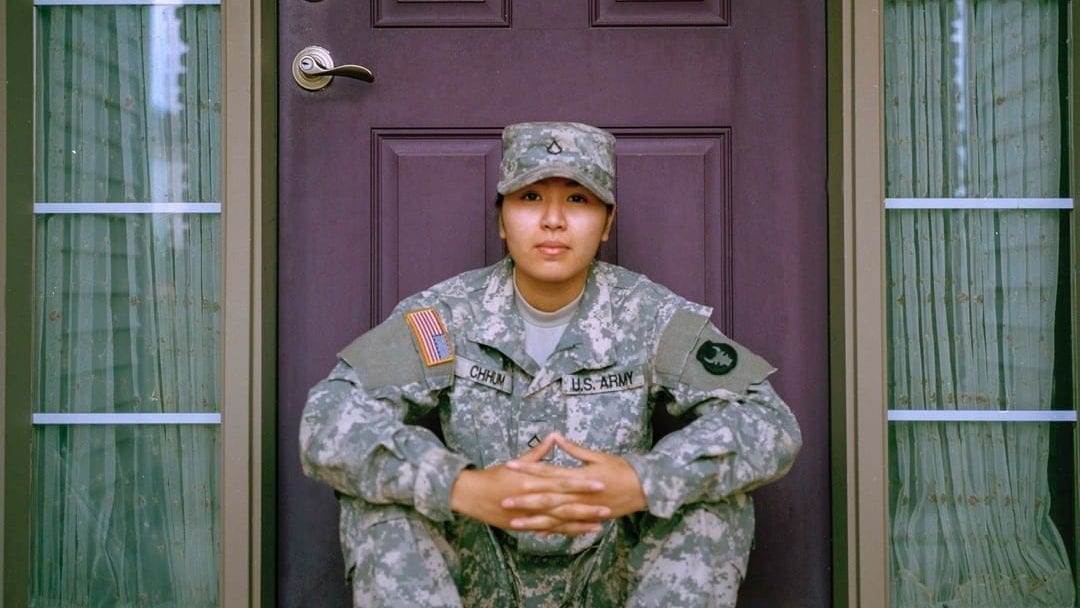Bills Would Improve Access to Reproductive Health Care for U.S. Servicemembers and Veterans
Center joins partners to advocate for measures to strengthen access to contraception and IVF.

Two bills were recently introduced in the U.S. Congress that would improve access to contraception for servicemembers and their dependents and in vitro fertilization (IVF) services for veterans. The Center for Reproductive Rights—as part of its work with Congress to expand access to reproductive health care—joined numerous other advocacy organizations to advocate for the bills.
Servicemembers, veterans, and their families face numerous unique barriers in accessing reproductive health care, including legal restrictions on insurance coverage, cost barriers, and logistical and systemic barriers.
TRICARE—the Department of Defense’s health insurance program—still requires co-pays for birth control, even though the Affordable Care Act eliminates those costs for employer-sponsored and marketplace health plans. While TRICARE offers insurance coverage for IVF to servicemembers and their dependents, its eligibility requirements restrict access for the vast majority of beneficiaries by excluding any veteran who does not have a service-related infertility condition, is unmarried or in a same-sex marriage, or who is unable to produce their own and their spouse’s genetic material for IVF.
The Veterans Health Administration excludes coverage for IVF entirely, but under an appropriations bill rider first introduced in 2016, funds IVF for a narrow subset of veterans using the same IVF eligibility restrictions as TRICARE. Both the Department of Defense and Veterans Health Administration severely restrict access to and coverage for abortion.
“For decades, servicemembers and veterans have been subject to unfair restrictions on their reproductive health care, including access to contraception and IVF services,” said Freya Riedlin, Federal Policy Counsel for the Center. “These bills are an important step towards ensuring that servicemembers and veterans can access the health care they need.”
The Access to Contraception for Servicemembers and Dependents Act, introduced on April 20, would ensure the ability of servicemembers and their dependents to access birth control without cost-sharing and eliminate out-of-pocket expenses for contraceptive counseling and services. It would also codify a requirement that military treatment facilities must provide emergency contraception (EC) and EC information for survivors of sexual assault on request. In addition, the bill would create a standardized educational program across all branches of the military to ensure all servicemembers receive high-quality family planning education.
The Center joined 32 organizations in submitting a sign-on letter in support of the bill to the bill’s lead sponsors, Senator Jeanne Shaheen (D-NH) and Congresswomen Jackie Speier (D-CA), Marilyn Strickland (D-WA), and Veronica Escobar (D-TX). Read the letter here.
The Veteran Families Health Services Act, introduced on April 27, would ensure that fertility counseling and treatments, such as IVF, are included as part of the Veterans Health Administration’s insurance benefits and would eliminate discriminatory eligibility requirements. The bill, which would enable veterans to start families when the time is right for them, is sponsored by Senators Patty Murray (D-WA) and Tammy Duckworth (D-IL) and Congressman Rick Larsen (D-WA).
The Center joined numerous veteran service organizations in support of the bill and worked with Congress to provide guidance on the proposed legislation.
Center’s “Serving Those Who Serve?” Issue Briefs Highlight Servicemembers’ Barriers to Reproductive Care
In 2020, the Center and its partners developed a series of issue briefs, titled Serving Those Who Serve?, outlining the unique barriers faced by servicemembers in accessing reproductive care–including abortion, contraception, and in vitro fertilization services. For more information on these barriers—as well as recommendations for congressional and executive actions to alleviate them and improve access to care, read the ”Serving Those Who Serve?” issue briefs here.
Read more about the Center’s work on:

